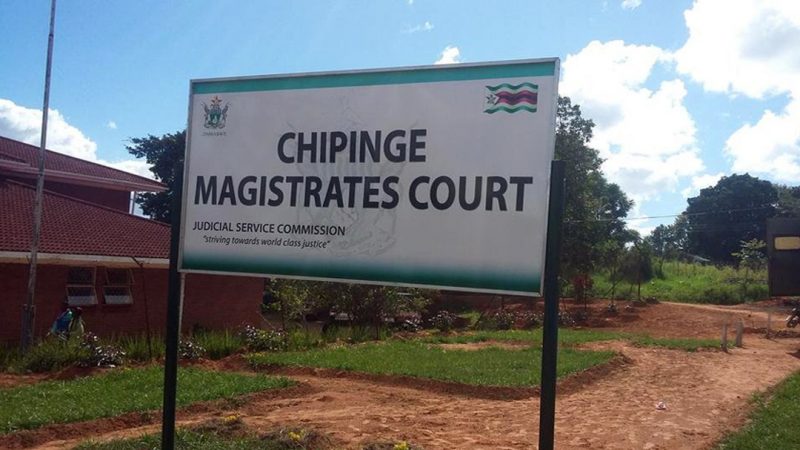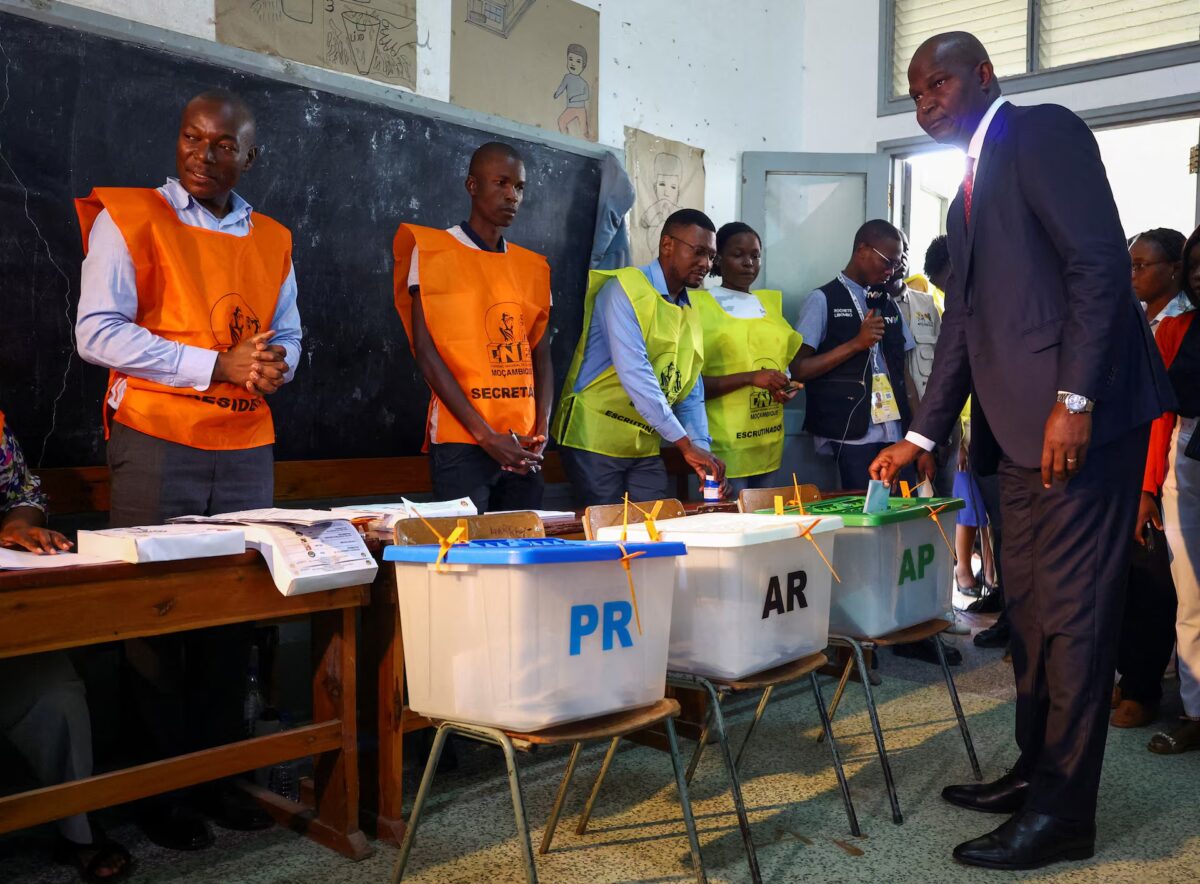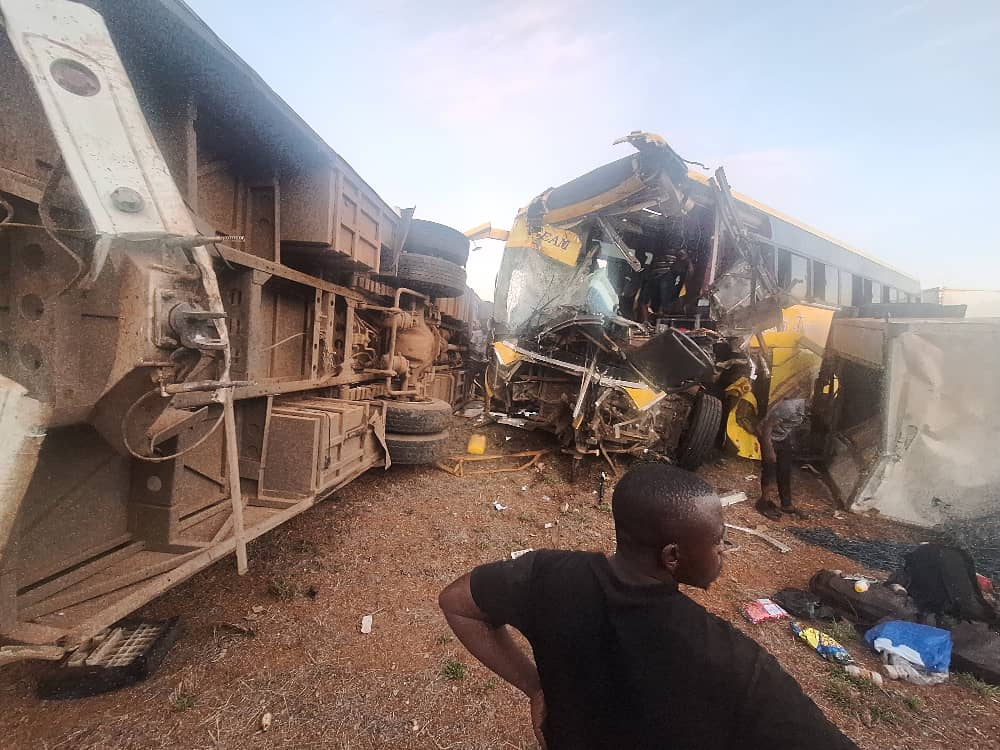BULAWAYO – Bulawayo councillors on Wednesday slammed a government-led road rehabilitation exercise, questioning the workmanship which they said was shoddy.
Speaking during a full council meeting, the councillors also claimed Bulawayo companies and workers had been sidelined.
“We cannot have the whole government coming to do pothole patching, this is very dangerous,” deputy mayor Mlandu Ncube said as he opened the debate.
“We were doing pothole patching better with our communities. To make matters worse, the same programme brings people from outside Bulawayo under the name of road rehabilitation.”
Ncube said the city has well-capacitated companies that can do a better job, insisting that major roadworks in the city must result in employment for locals.
He added: “You go around all projects in Bulawayo you find people speaking one language and cannot speak the other language. It’s a sign these are imported companies. Where are the Bulawayo companies to do Bulawayo roads?
“We can’t pretend we are doing Bulawayo roads and take money outside Bulawayo. The money that is working in Bulawayo should benefit Bulawayo by creating employment.”
The government earlier this year announced the launch of a US$400 million Emergency Road Rehabilitation Programme 2 (ERRP2) targeting major feeder roads into towns and cities.
Bulawayo’s share of the money is Z$625 million (about US$7.2 million) for the rehabilitation of its estimated road network covering 2,460km. The money was not given to the local authority, however. Instead, the Central Mechanical Equipment Department (CMED) has been in charge of the budget.
Emakhandeni councillor Pilate Moyo said a company that was resurfacing Masiyephambili Drive from Emagetsini to Victoria Falls Road in Richmond had abandoned the project before finishing.
He told the meeting: “The government was doing Masiyephambili but they have moved on to patch potholes which we thought will be done by our people. Motorists who had put up with the road closure for months have re-opened it in its incomplete state. People from my area are not happy with what’s happening.”
Councillor Arnold Batsirai urged councillors to put pressure on the government to fully implement devolution to avoid such conflicts, as he accused central government of micro-managing local authorities.
Ward 4 councillor Silas Chigora said the political leadership in the city should unite in rejecting central government impositions.
“Everyone knows why they want to do the roads themselves. They must ask us which road is priority instead of doing biscuit roads ahead of cooking oil and mealie-meal roads,” Chigora said.
“These people must come to us so that we have an input in the selection of companies and the roads to be done. The central government is not doing it to help us but for their own good.”
Chigora was supported by councillor Tawanda Ruzive, who chairs the city’s finance committee.
Said Ruzive: “When this project started, some of these companies had no personal protective equipment and items like cones to help direct traffic. We don’t have our own engineer supervising that work which is very wrong because our engineers are responsible for these roads.
“When this project is done, whatever happens to these roads, our engineers will be responsible, but they are not part of the process.”
Ruzive said the project must be stopped so that anomalies are corrected.
Bulawayo mayor Solomon Mguni said: “The problem that we have is that we have a central government that is a political competitor to urban local authorities and we must not be afraid to say it. We are the elected representatives of the people of Bulawayo and accountability rests with us.”
Mguni said the government had diverted its allocation of ZINARA and devolution funds to its own road scheme which the local authority had no control over.
“We must do high impact projects that transform the lives of the people but how do we transform the lives of the people when council had started to repair Fife Street and you are told stop and choose another road? Now Fife Street has been in limbo for five months!
“We must speak out about these things and must not be afraid.”
Mguni said devolution was meaningless if central government interfered with local authorities and took funds meant for the people and used them without input from council.
Councillor Sikhulile Moyo said the local authority should write to central government to register its displeasure as she accused it of “pushing its political priorities.”
The government says it intervened because local authorities have failed.
















